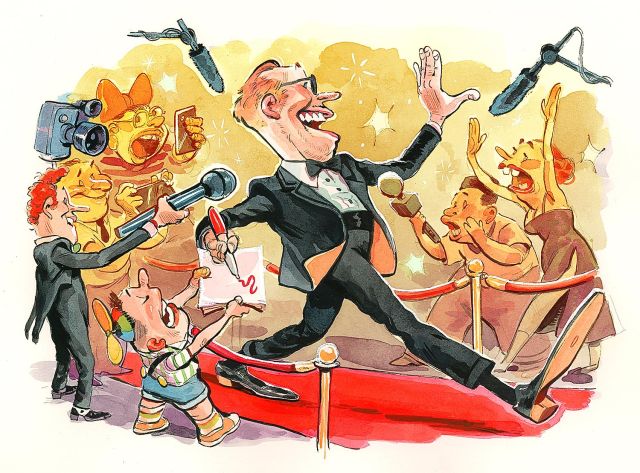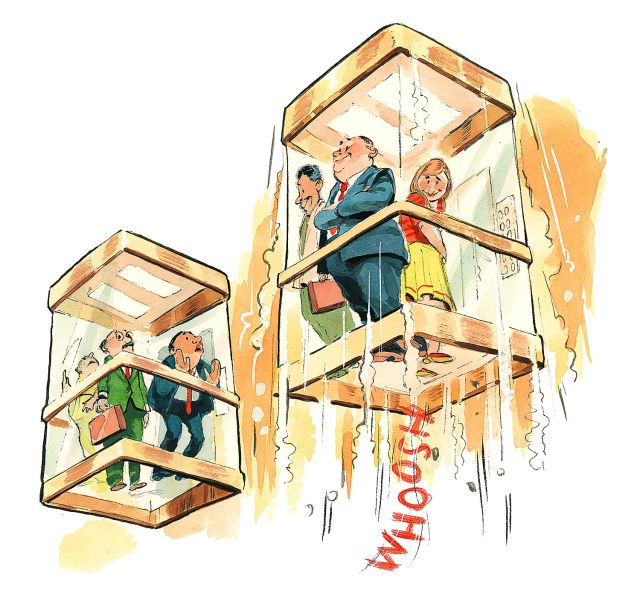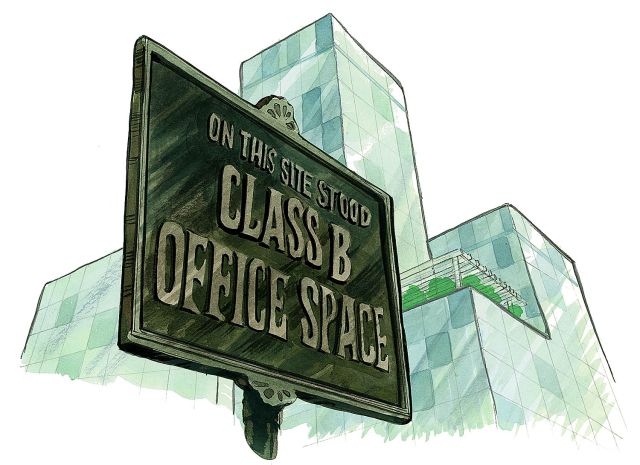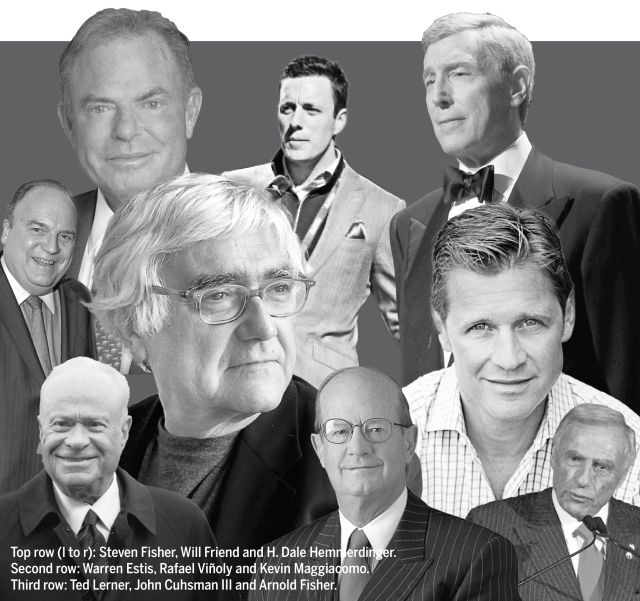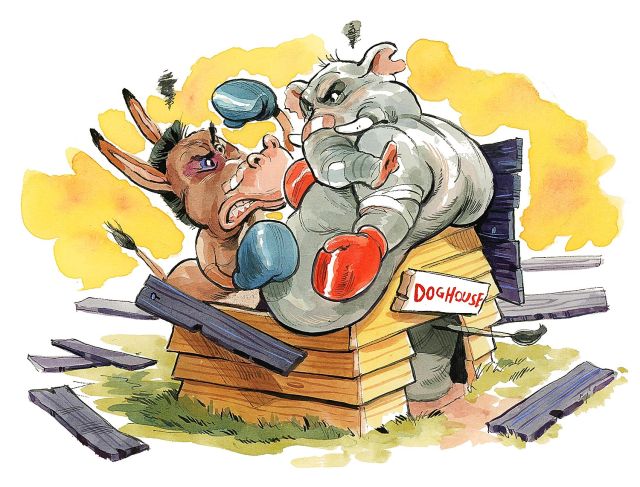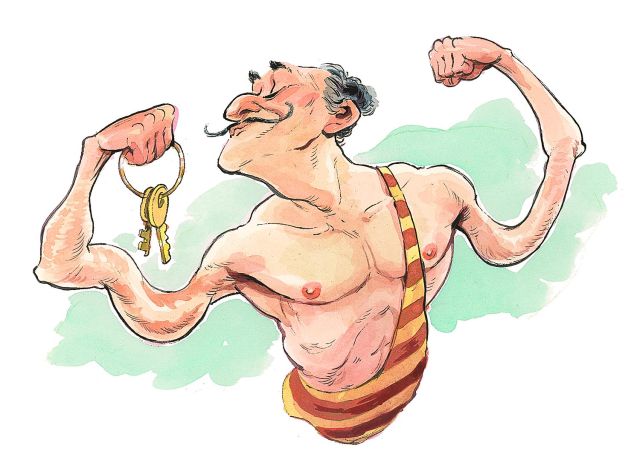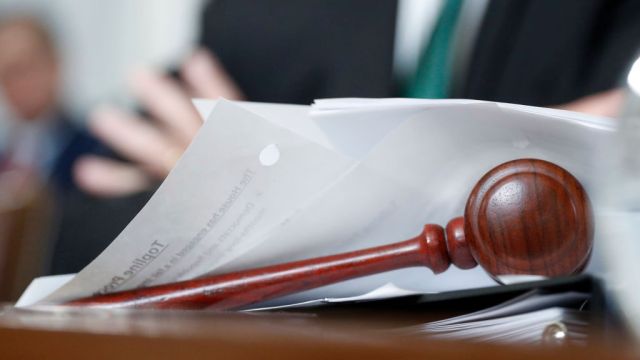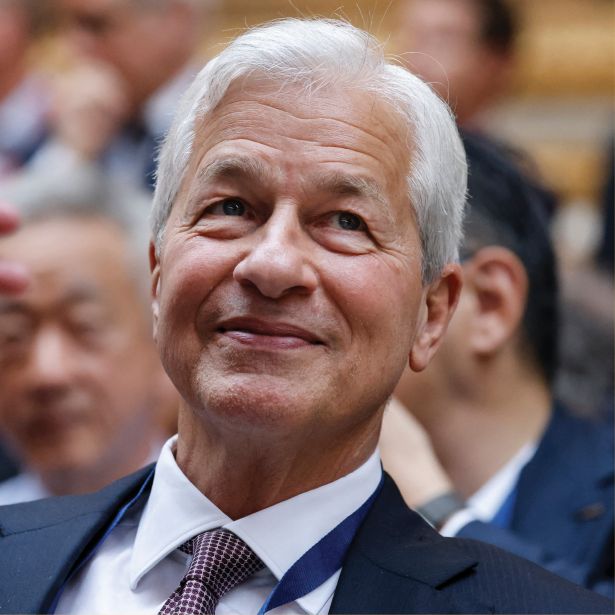
Jamie Dimon
Chairman and CEO at J.P. Morgan Chase
Last year's rank: 4

Ever since he calmly steered J.P. Morgan Chase through the Global Financial Crisis 17 years ago, Jamie Dimon has increasingly been seen as the most competent banker in America. His performance in 2024 did nothing to diminish that reputation.
Under Dimon’s watch, J.P. Morgan Chase reported record revenues of $18.1 billion in fiscal year 2024. The firm’s famed “Fortress Balance” sheet remained a safe haven for capital, as demonstrated by its $547 billion of total loss-absorbing capacity and $1.4 trillion of cash and marketable securities.
J.P. Morgan Chase’s first-quarter profit of $14.64 billion was 9 percent higher than what it reported in the first quarter of 2024, and the bank’s stock price in April 2025 was 25 percent ahead of its April 2024 earnings metric.
As for his commercial real estate business, Dimon again impressed, as top lieutenants Michelle Herrick and Brian Baker helped the firm make $42.4 billion in originations in 2024, of which $17.5 billion went into the multifamily space and $5.4 billion provided capital for rent-restricted housing.
“Our teams maintained an unwavering focus on our clients and have done an outstanding job supporting their lending and advisory needs across the U.S.,” Dimon told CO in a statement. “We remain committed to serving our clients through the complexities of the current environment and preparing them for what’s ahead.”
But it was his public response to President Donald Trump’s tariff policy that revealed the true nature of Dimon’s pull and power. Dimon was among the first to criticize Trump’s reciprocal tariff policy in early April, telling the country outright that a global recession would be “a likely outcome” if the tariffs-by-fiat remained in place for more than 200 nations.
He then went even further during an April 16 interview with The Financial Times, when he admitted that Trump’s tariffs were “dramatically different than people expected” and were “shocking to the system.”
His words carried weight. By the end of April, Trump had already backed down in much of his tariff war and Treasury Secretary Scott Bessent was calling for a de-escalation with China. Talk about influence.

